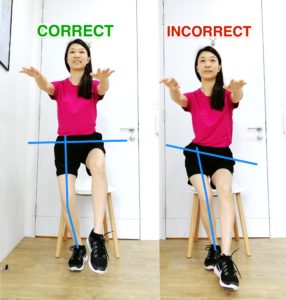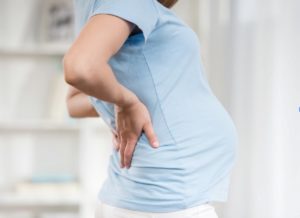How should lower back pain (LBP) be viewed?
 Let me explain further by thinking about this comparison. When we experience a gradual onset head ACHE and feel some pain, we don’t call it a head INJURY and certainly we do not rush off to the doctor, receive some strong medications and get some scans of our brain. We generally think about what the triggers of that headache are and try to address them. It may be drinking more water, getting more quality sleep, having improved nutrition, being less sedentary, taking some exercise or decreasing the stress in our lives.
Let me explain further by thinking about this comparison. When we experience a gradual onset head ACHE and feel some pain, we don’t call it a head INJURY and certainly we do not rush off to the doctor, receive some strong medications and get some scans of our brain. We generally think about what the triggers of that headache are and try to address them. It may be drinking more water, getting more quality sleep, having improved nutrition, being less sedentary, taking some exercise or decreasing the stress in our lives.
Written by Michael Bushell, Senior Physiotherapist





